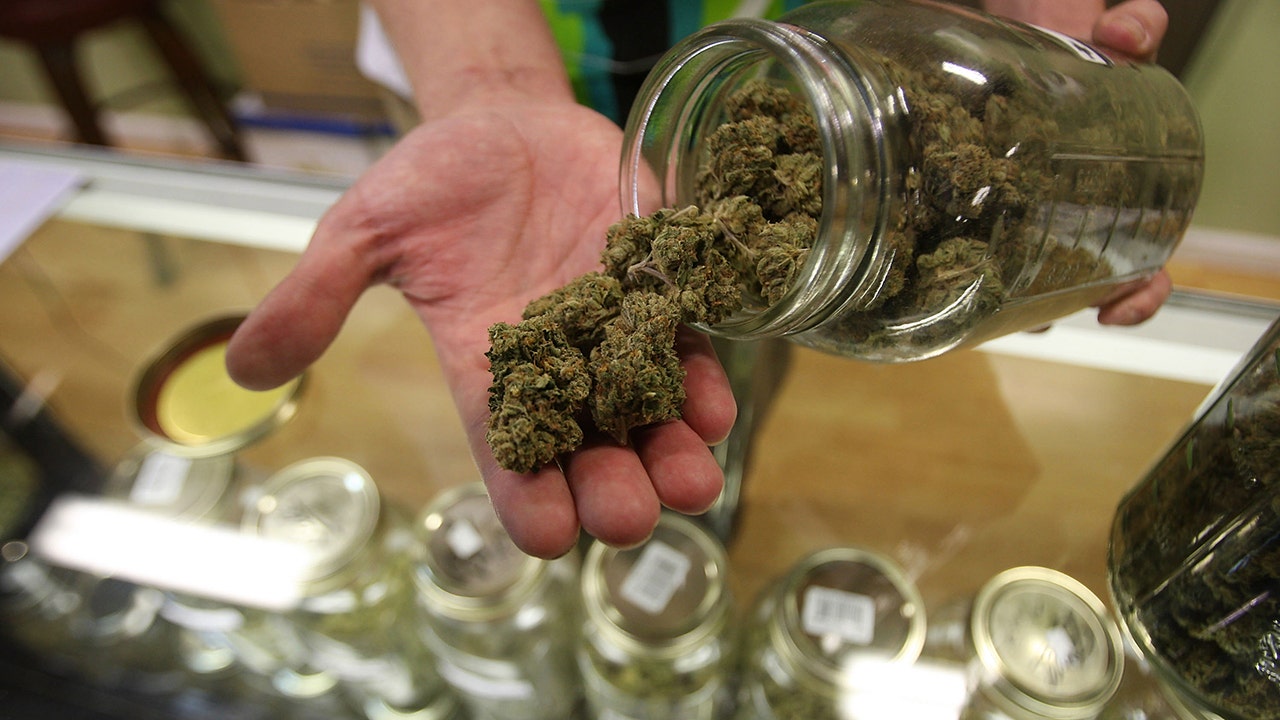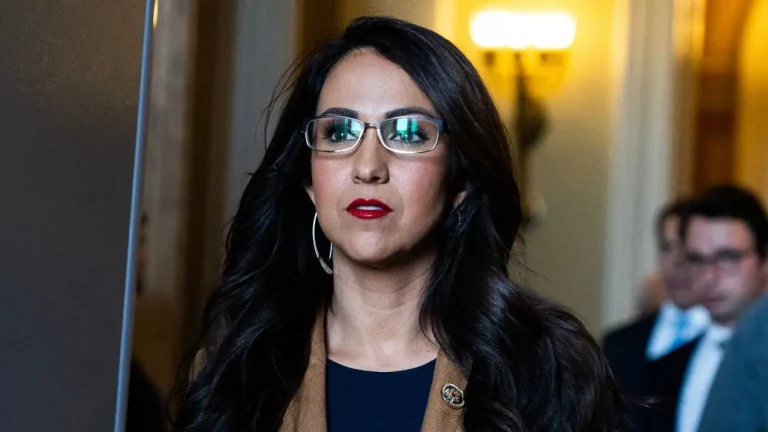Biden administration starts process to make marijuana less harmful drug.
The Biden Administration’s Proposal to Reclassify Marijuana
The Biden administration recently made a historic move by submitting a proposal to reclassify marijuana as a less dangerous drug. This proposal, if passed, would mark a significant shift in federal drug policy.
Currently, marijuana is classified as a Schedule I drug under the Controlled Substances Act (CSA). This classification places it in the same category as substances like heroin and LSD. However, the Biden administration is seeking to reclassify marijuana as a Schedule III drug, which would acknowledge its medical uses and lower potential for abuse.
President Biden directed the Attorney General and the Secretary of Health and Human Services to conduct a review of how marijuana is scheduled under federal law back in October 2022. After receiving recommendations from the HHS in August 2023, the Attorney General sought legal advice from the DOJ’s Office of Legal Counsel.
Attorney General Merrick Garland has now initiated the process to downgrade marijuana to a Schedule III drug. This move will involve a public notification, opportunity for comment, and an administrative hearing.
The Controlled Substance Rescheduling Process
As part of the reclassification process, the Drug Enforcement Administration (DEA) will collect and consider information and views from the public to determine whether marijuana should be moved to a less dangerous controlled substance. Until a final rule is issued, marijuana will remain classified as a Schedule I controlled substance.
The proposed reclassification comes at a time when marijuana legalization is a hot-button issue, especially during an election year. While reclassifying marijuana as a Schedule III drug would recognize its medical benefits and lower abuse potential, it would not legalize the drug outright for recreational use.
Under the CSA, drug schedules are based on abuse potential. Schedule III drugs have a lower potential for misuse compared to Schedule I and II drugs. These drugs may cause physical dependence but are more likely to lead to psychological dependence.
Despite the potential reclassification, marijuana remains illegal at the federal level for recreational use. However, 24 states, Washington D.C., and two U.S. territories have legalized marijuana for recreational use by adults. The Centers for Disease Control and Prevention estimates that there were 48.2 million marijuana users in the U.S. in 2019, a number that has likely increased with ongoing legalization efforts.
Conclusion
The Biden administration’s proposal to reclassify marijuana is a significant step towards recognizing the medical benefits and lower abuse potential of the drug. While marijuana will continue to be classified as a Schedule I drug until the reclassification process is complete, this move could pave the way for more research and acceptance of cannabis as a legitimate medical treatment.
As the public weighs in on the reclassification process and legalization efforts continue in various states, the landscape of marijuana policy in the U.S. is evolving rapidly. Stay tuned for updates on this groundbreaking development.
For story tips and inquiries, please contact Greg.Wehner@Fox.com or follow @GregWehner on Twitter.








